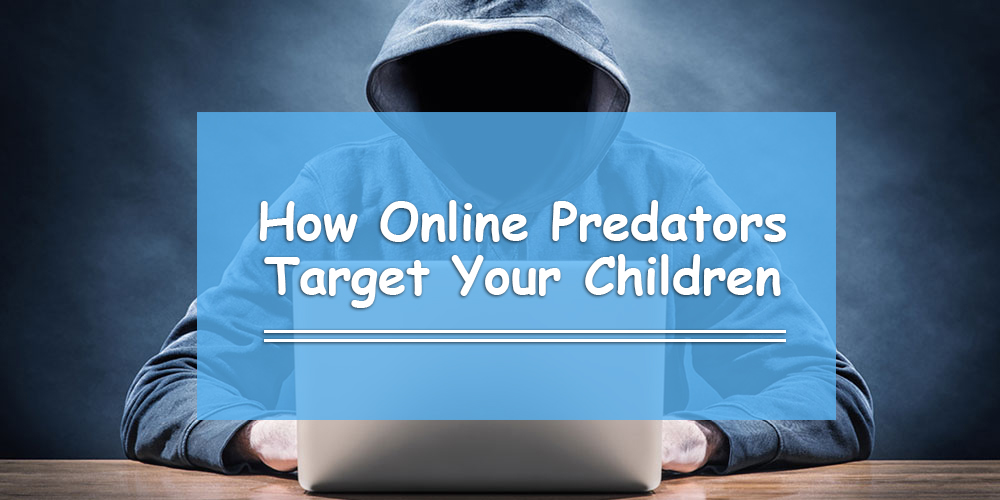When our children were younger, we could protect them by baby proofing our homes. It was rather simple, just adding a few plastic fasteners or outlet covers gave you peace of mind.
Now they are teenagers, and the task of keeping them safe suddenly requires new tactics and techniques that aren’t effective simply by watching them from another room. As our young teens join the online world, they are exposed to a number of digital dangers.
Cyber exploitation is one of the least discussed – and ironically one of the most frightening – topics parents should have with their children. It is easy to convince ourselves that our children won’t fall prey to the tactics of online predators and groomers. It is easy to think that our children already know not to talk to strangers online.
But the numbers tell us otherwise:
The UAE adopts technology and social media earlier and at faster than most other countries.
On top of that, around 5 to 10 percent of Facebook and Twitter profiles are fake.
Right now, over 750,000 sexual predators can be found online at any given time. Predators love the privilege of being anonymous and the social atmosphere our children’s mobile phones, laptops and tablets provide.
As parents, we can no longer ignore the new threats facing our kids because online predators have the potential to cause serious emotional harm. Children and young teens need to develop a skill set to help them learn how to protect themselves in an increasingly digital world.
For more details about online predators and practical tips for dealing with new technology, please check out the infographic below.



